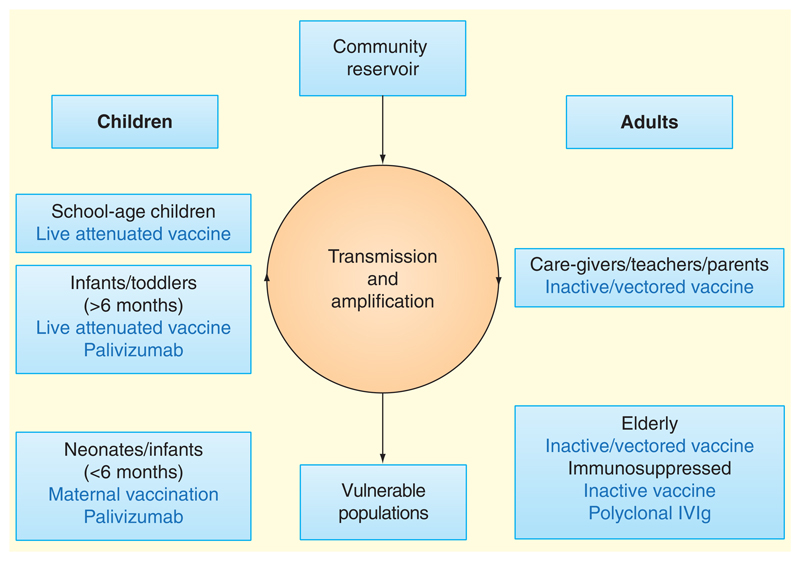Figure 1. Targeting different populations with immune interventions against respiratory syncytial virus (RSV).
Multiple checkpoints may be targeted for the interruption of RSV infection. At-risk individuals may be protected directly through induction of protective immunity or indirectly via reduced circulation of infection in the community. Vaccination of healthy individuals aims to promote herd immunity and/or prevent transmission between school-aged children and adults with whom they are in contact. This would interrupt the amplification loop within households, hospitals and schools, reducing transmission to vulnerable populations (i.e., neonates, immunosuppressed individuals and the elderly). Vaccination of pregnant women during the last trimester aims to enhance maternofetal transfer of IgG to protective levels in term infants, but passive vaccination would probably still be required for preterm infants or immunosuppressed adults. Inactive or subunit RSV vaccines are most appropriate for RSV-experienced individuals in whom the risk of vaccine-enhanced disease is low. Live attenuated vaccines are likely to be safe in children, and the induction of mucosal immunity would have the added benefit of reducing virus shedding.

